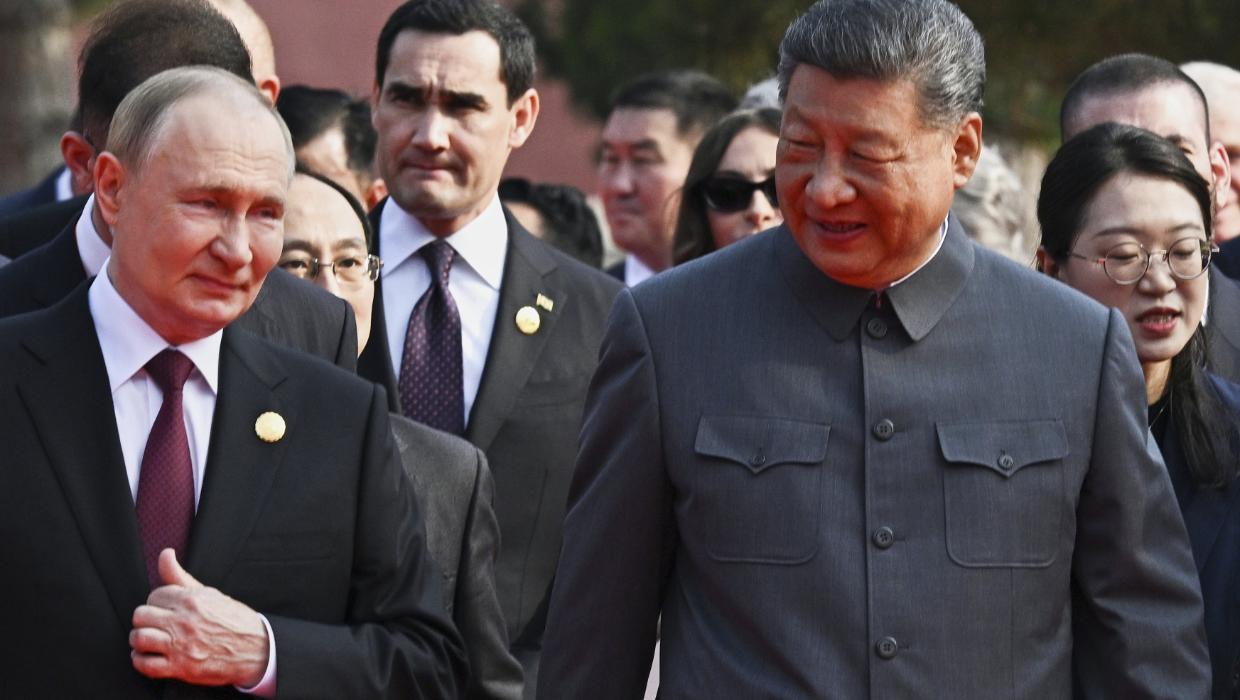Science
NZ$1.7 Billion Bet on Humanity’s Longevity Sparks Debate

The medical community is facing an extraordinary challenge as a staggering NZ$1.7 billion is being wagered on whether a human being can live to the age of 150. This unprecedented bet highlights ongoing advancements in medicine, particularly in the fields of organ and tissue transplantation, while also illuminating the significant limitations that remain, especially concerning brain transplants.
Strong advancements in medical science have led to improved methods for organ and tissue transplantation, allowing many individuals to extend their lives. However, the brain, which is essential for overall functionality and quality of life, still presents a formidable barrier. As researchers continue to explore the complexities of brain health and aging, the prospect of a century-and-a-half lifespan remains largely theoretical.
Rising Interest in Longevity Science
The push for increased human longevity has gained traction in recent years, driven by breakthroughs in health technology. Scientists are actively investigating ways to enhance life expectancy and improve the quality of life through better organ health and regenerative medicine. Reports from leading health organizations indicate that while organ transplantation has seen remarkable progress, the intricacies of brain function pose unique challenges that have yet to be overcome.
According to the World Health Organization, the global average life expectancy has risen to approximately 73.4 years as of 2021. Yet, the concept of living to 150 years sparks discussions on ethical and medical implications. How would society adapt to a population with significantly longer lifespans? Would resources be able to sustain such longevity?
The Financial Implications of Longevity Bets
The NZ$1.7 billion wager serves as both a reflection of public interest and a catalyst for investment in longevity research. Businesses and investors are increasingly focusing on health technologies that promise to extend human life. This financial involvement is driving innovation but also raises questions about the commercialization of life extension.
Investors are now keenly observing advancements in tissue engineering and regenerative medicine, which could pave the way for revolutionary treatment methods. Some companies are developing therapies aimed at repairing or replacing damaged tissues and organs, while others are exploring gene editing techniques. These advancements could potentially alter the narrative of aging and longevity.
As the wager continues to grow, the debate surrounding the ethical boundaries of such investments intensifies. Medical professionals are calling for a balanced approach that prioritizes health improvements over merely extending life. The conversation is shifting towards not just how long we can live, but how well we can live.
In conclusion, the NZ$1.7 billion bet on human longevity encapsulates the intersection of medical innovation, societal ethics, and financial investment. As research progresses and the boundaries of science continue to expand, the dream of living to 150 years may one day transform from speculation into reality. The medical community remains cautiously optimistic as it navigates these uncharted waters, striving to ensure that the journey towards extended life is both meaningful and sustainable.
-

 World2 weeks ago
World2 weeks agoPrivate Funeral Held for Dean Field and His Three Children
-

 Top Stories3 weeks ago
Top Stories3 weeks agoFuneral Planned for Field Siblings After Tragic House Fire
-

 Sports3 months ago
Sports3 months agoNetball New Zealand Stands Down Dame Noeline Taurua for Series
-

 Entertainment3 months ago
Entertainment3 months agoTributes Pour In for Lachlan Rofe, Reality Star, Dead at 47
-

 Entertainment2 months ago
Entertainment2 months agoNew ‘Maverick’ Chaser Joins Beat the Chasers Season Finale
-

 Sports3 months ago
Sports3 months agoSilver Ferns Legend Laura Langman Criticizes Team’s Attitude
-

 Sports1 month ago
Sports1 month agoEli Katoa Rushed to Hospital After Sideline Incident During Match
-

 World3 weeks ago
World3 weeks agoInvestigation Underway in Tragic Sanson House Fire Involving Family
-

 Politics2 months ago
Politics2 months agoNetball NZ Calls for Respect Amid Dame Taurua’s Standoff
-

 Top Stories3 weeks ago
Top Stories3 weeks agoShock and Grief Follow Tragic Family Deaths in New Zealand
-

 Entertainment3 months ago
Entertainment3 months agoKhloe Kardashian Embraces Innovative Stem Cell Therapy in Mexico
-

 World4 months ago
World4 months agoPolice Arrest Multiple Individuals During Funeral for Zain Taikato-Fox









